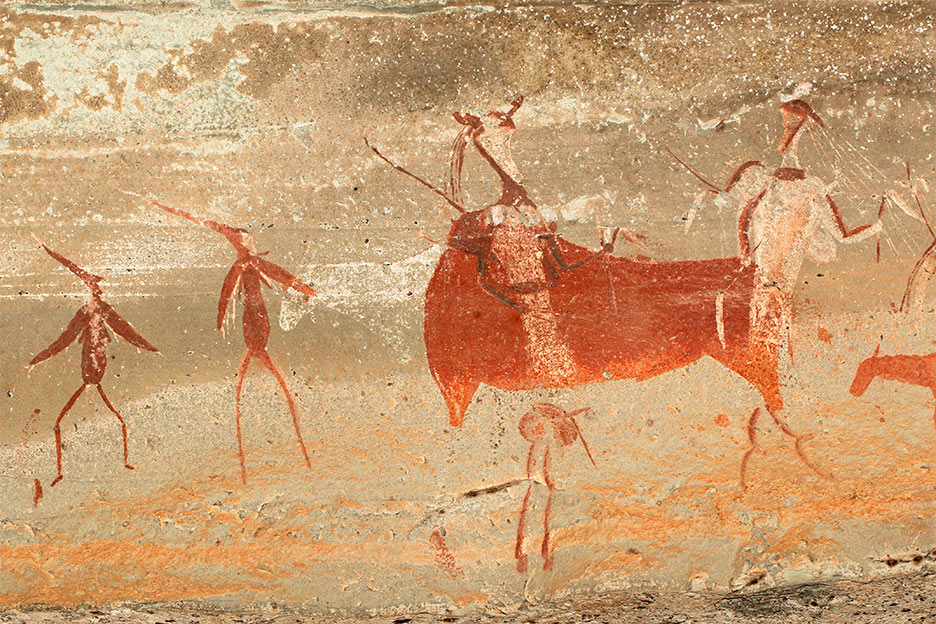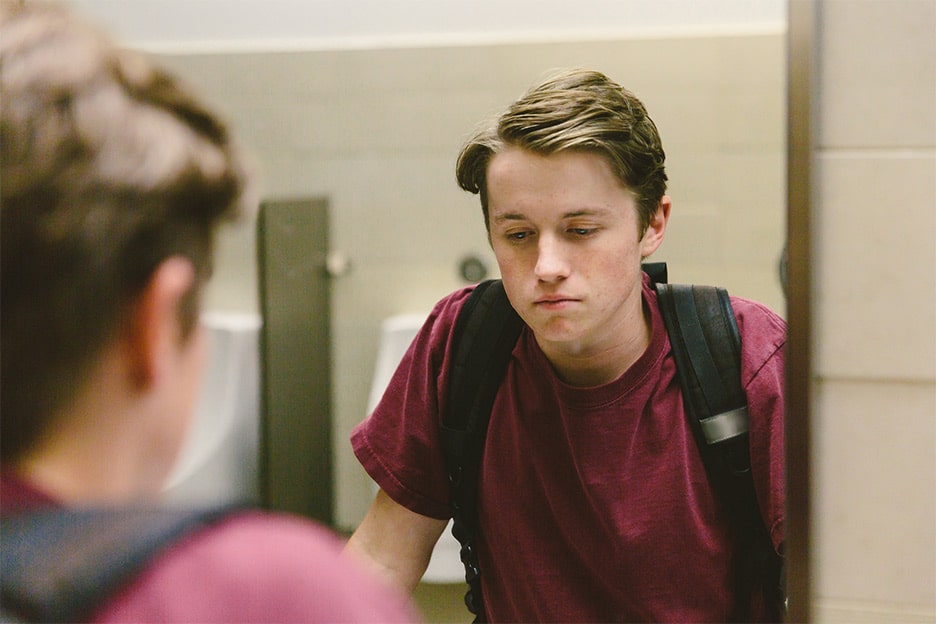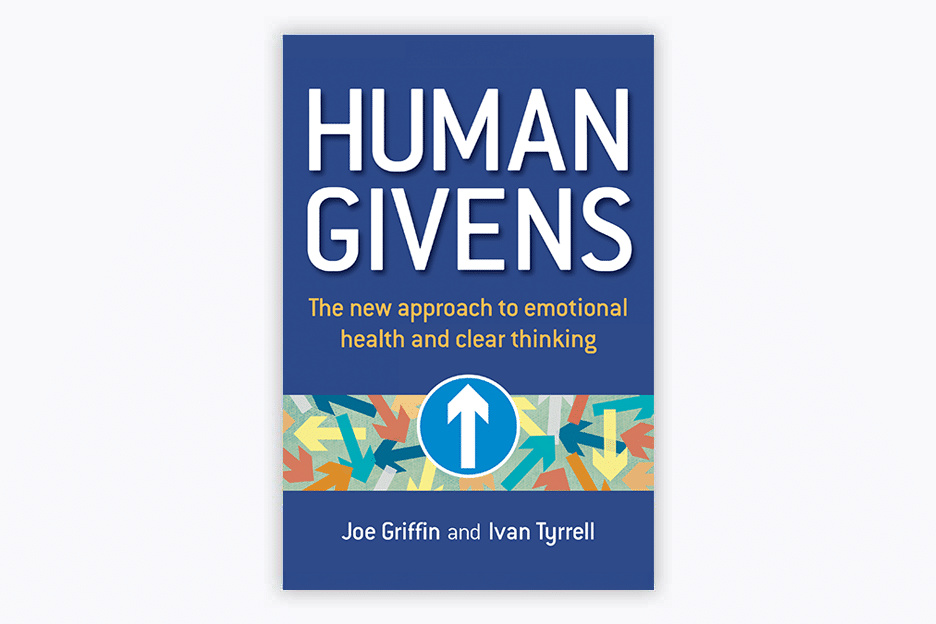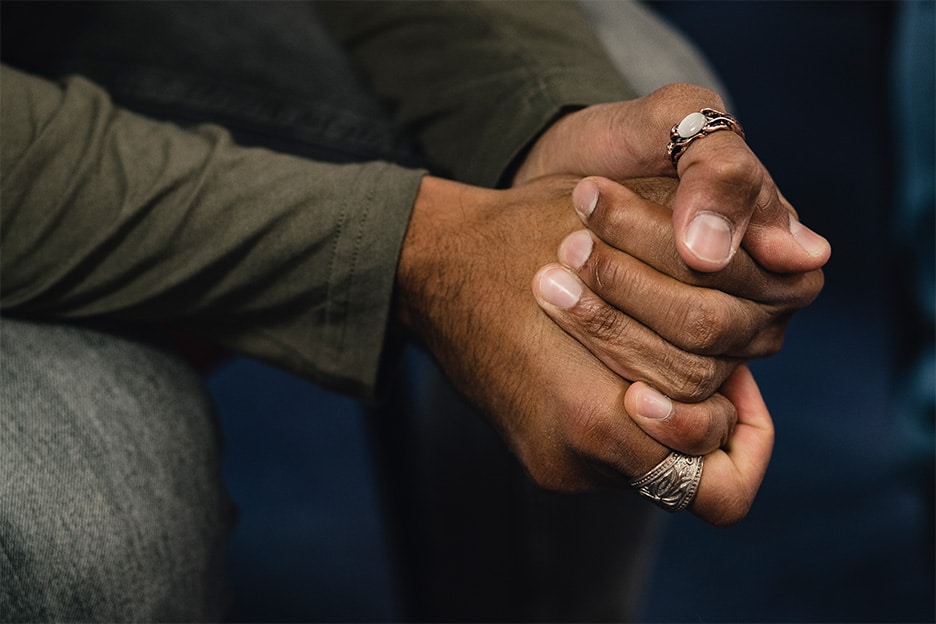Social Worker of the Year
Using the human givens approach to help abused children
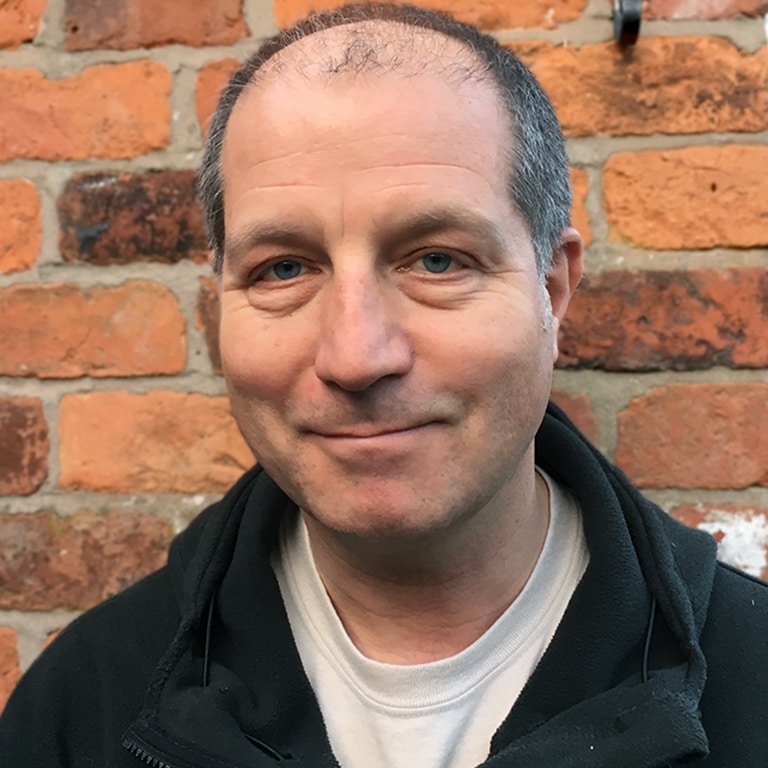
Chris Dyas is a qualified youth worker, social worker and therapist with 20 years’ experience working for the NSPCC with young people affected by sexual abuse. In 2018 he won the Children’s Social Worker of the Year Award.
I originally began working in the social care field back in the early 1980 as a youth worker. I progressed on to community work, and then re-trained as a social worker, qualifying in 1990. I focussed on child protection and family work, firstly in Central Manchester and then in East Cheshire. I did this for about 8½ years. During that time, I had experience of a whole range of children’s social work, including abuse investigations, videotaping children’s statements in criminal cases, removing children into care, as well as helping families to stay together.
When I moved to the NSPCC in 1998, it was with the intention to being a therapist for children who had experienced sexual abuse; but the job description required someone who had a working knowledge of the child protection system and could take safeguarding action if necessary. This has subsequently proved a necessary skill-set on innumerable occasions because many children remain vulnerable despite being ‘in the system’.
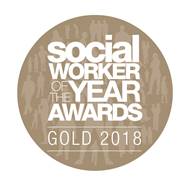
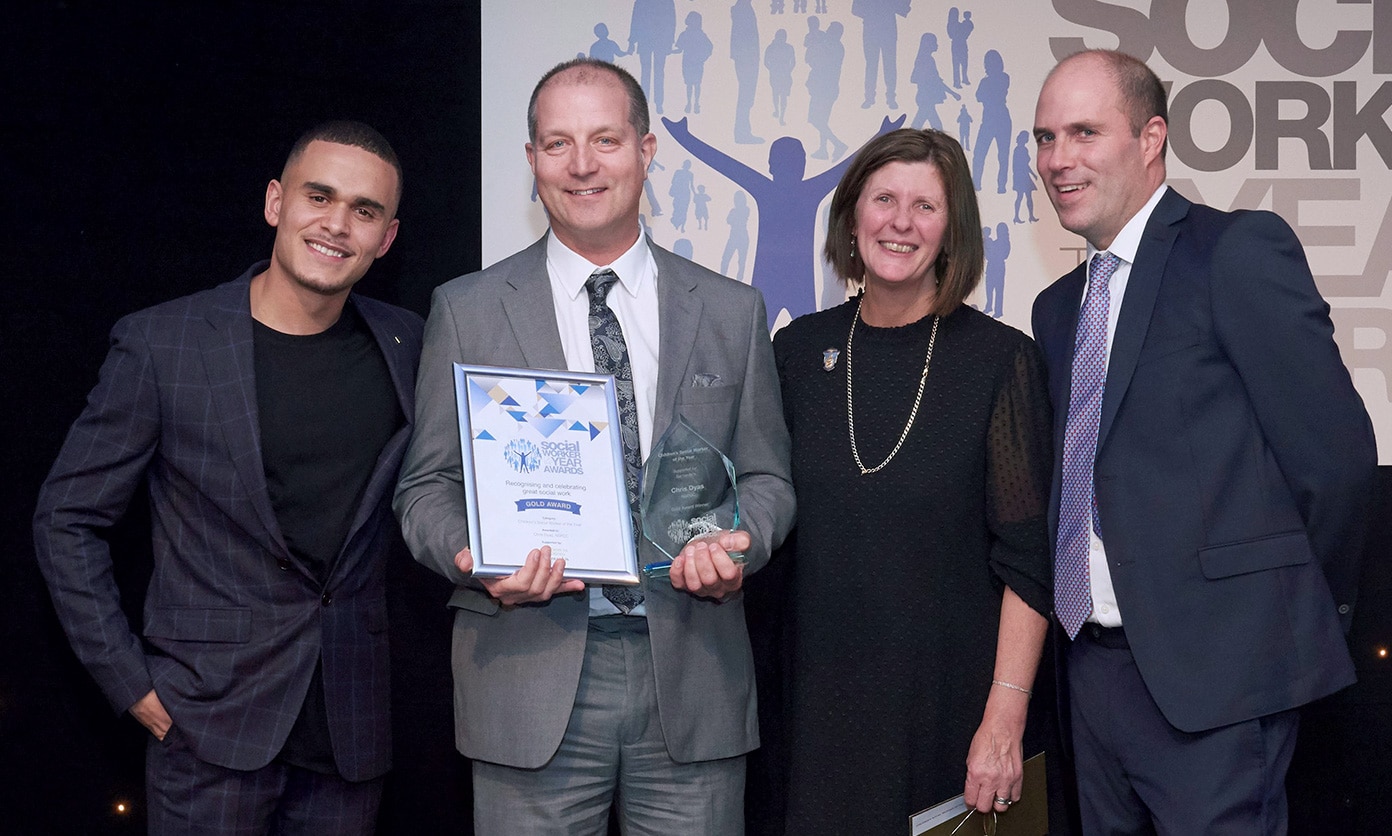
Chris Dyas is presented with the Social Worker of the Year Award 2018
I first discovered the human givens approach the following year when the original monograph was published. I had already attended talks by Joe Griffin, and was beginning to trust his approach to therapeutic work and psychology in general. It made sense and the skills I was learning were flexible and effective.
There had been a plan for me to complete Family Therapy training within the NSPCC but due to a series of setbacks this plan was dropped. I subsequently became concerned that, even though I was a qualified and experienced social worker, this did not automatically make me a therapist as well. I believed that I needed to be properly trained, and it was during this time that I began working upon getting my HG practitioner’s Diploma.
Human givens was in its early stages and it had not then developed an approach to working with children as such. This question therefore became my main driving force: how do these principles apply to children struggling with the effects of extreme experiences?
As my work progressed alongside my training, I discovered that Pat Williams’ storytelling training was particularly useful when working with children who do not necessarily find conversation easy, and knowing how to work with metaphors has proved effective when using play as a means of communicating with younger children.
I have also found that guided imagery with young trauma victims is very powerful and effective. This became most apparent when I learned from the APET model about how important it was to deactivate trauma recognition patterns to create a sense of safety and calmness before attempting to discuss any distorted beliefs the child may have acquired as a result of being abused.
And I have continually used HG’s RIGAAR model throughout my years of practice as it provides a perfect template for making sure that I ‘cover all the bases’ during a session.
We need to move away from the idea that ‘mental illness’ is a mysterious world understandable only to ‘the experts’
During the past 20 years of working therapeutically with children who have experienced traumatic events, I have found myself increasingly challenging the prevailing assumption that the impact of abuse and neglect is something that ‘gives’ children ‘mental health problems’ as if these were actual ‘things’ akin to infections; and that we therefore need to ‘fix’ these ‘things’ with ‘treatments’. I would invite whoever is reading this to consider an alternative idea: what if they are not ‘infections’ but ‘absences’? What if they are alarm signals that something is now missing? What if the true impact of adversity, abuse and neglect is in what it takes away from the child?
For whatever reason, a child who is struggling to make and keep friendships, maintain self-confidence, keep impulses under control, or self-motivate, will increasingly become distressed and find life frustrating and unsatisfactory.
As one young person once said to me: it’s not what was done to me; it’s what it’s left me with. We need to move away from the idea that ‘mental illness’ is a mysterious world understandable only to ‘the experts’. This idea leaves the rest of us feeling helpless when we could be being extremely helpful for people. For instance, people do not need a degree in microbiology in order to understand the necessity of washing their hands after using the lavatory. Likewise, people do not need a medical degree in order to learn effective CPR.
If communities could create environments in tune with the human givens, where their children can safely build key life skills and ensure that basic emotional needs are met, then there would be far less need for expert services
All children have an innate need to feel safe, closeness to loved ones and friends, and have a reasonable sense of self-worth. They also need to progressively learn self-control and self-motivation in order to interact with the world in a mutually beneficial way with one another.
If communities could create environments in tune with the human givens, where their children can safely build key life skills and ensure that basic emotional needs are met, then there will be far less need for expert services. These perspectives have led to the creation of Single Opportunity Counselling (SOC).
This is a toolkit rooted in the HG organising ideas and is designed for adults who do not have any prior training or experience in counselling, but find themselves having serious conversations with children from time to time. It’s designed for those situations where you have just one opportunity to talk to a child but you don’t know what they want to talk about in advance. SOC is a way of learning the key skills needed in these situations in a one-day / one-off workshop, in a way that makes it understandable and usable straight away.
At the time of writing this, the SOC programme is proving very popular in the Stoke on Trent area where we are trialling it, and 350 professionals from 85 local agencies have attended the workshop in the first year of the project.
Find out more
‘It’s what’s right with you that fixes what’s wrong’ – Chris Dyas vividly describes how he teaches troubled children to be their own therapists
